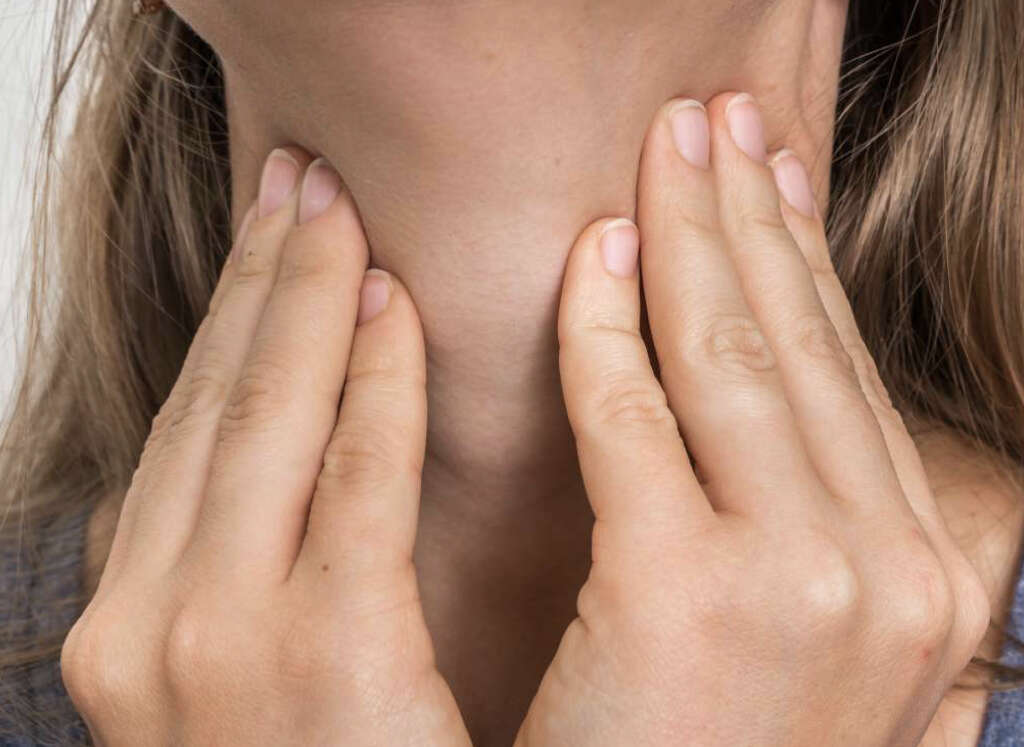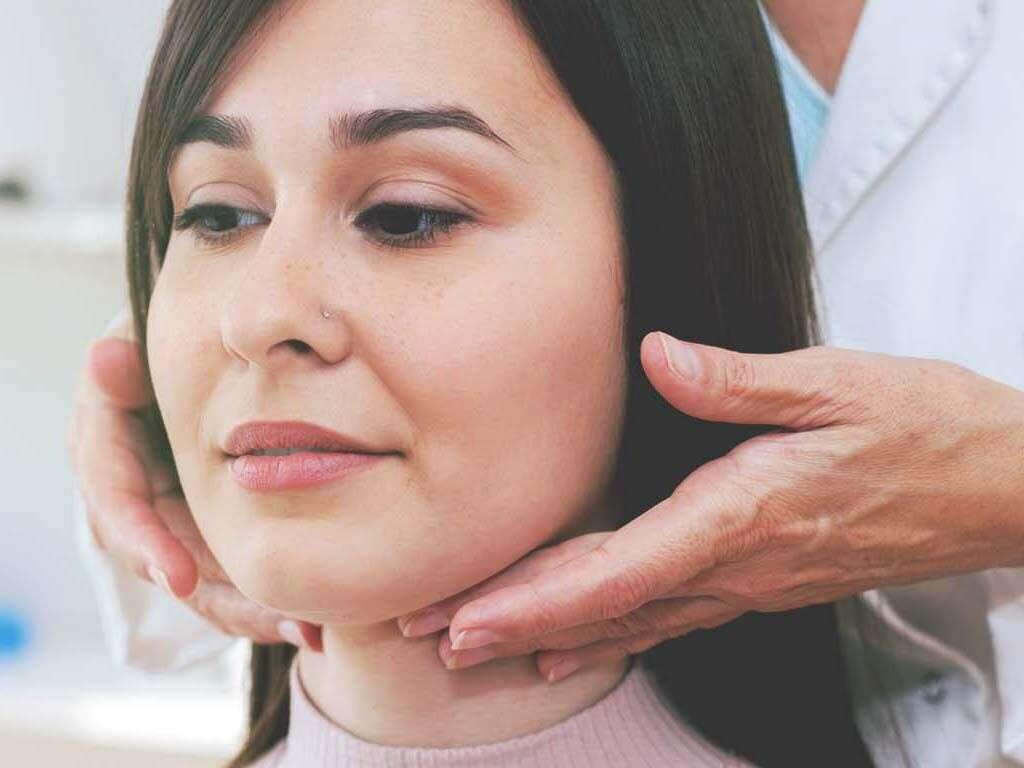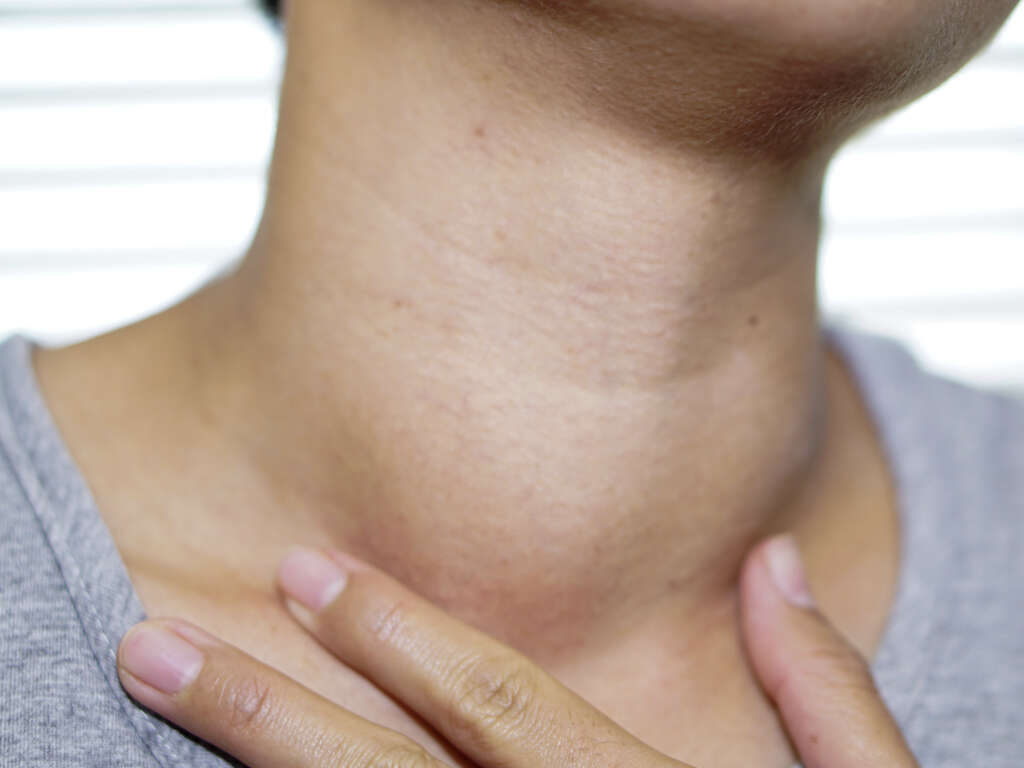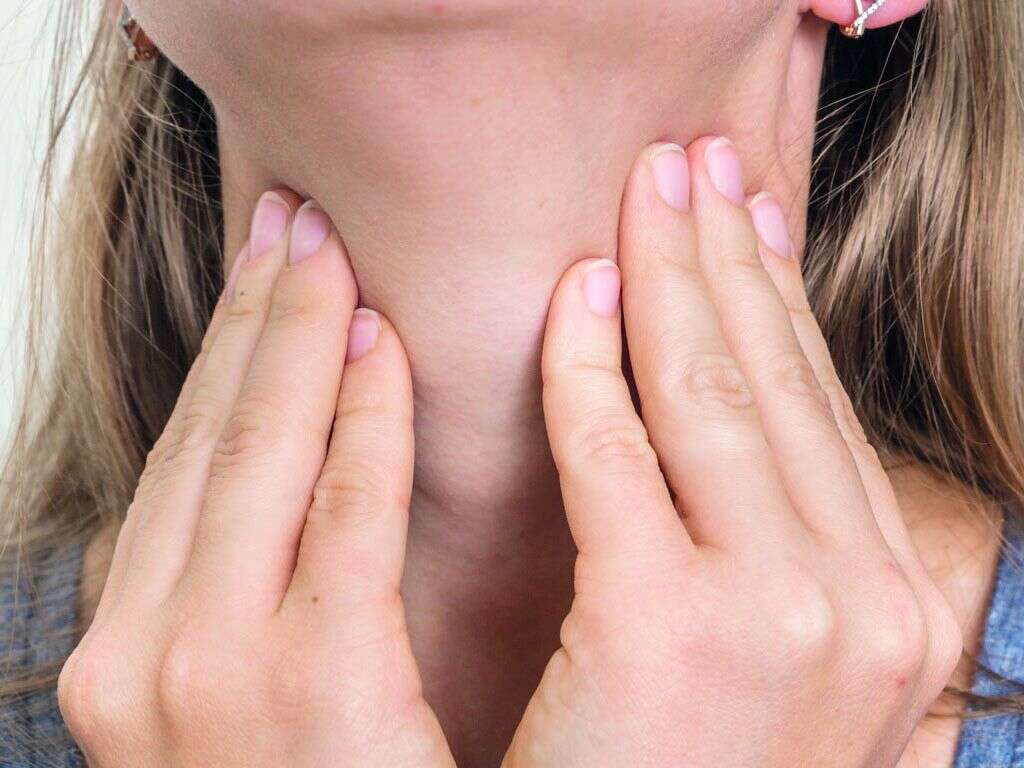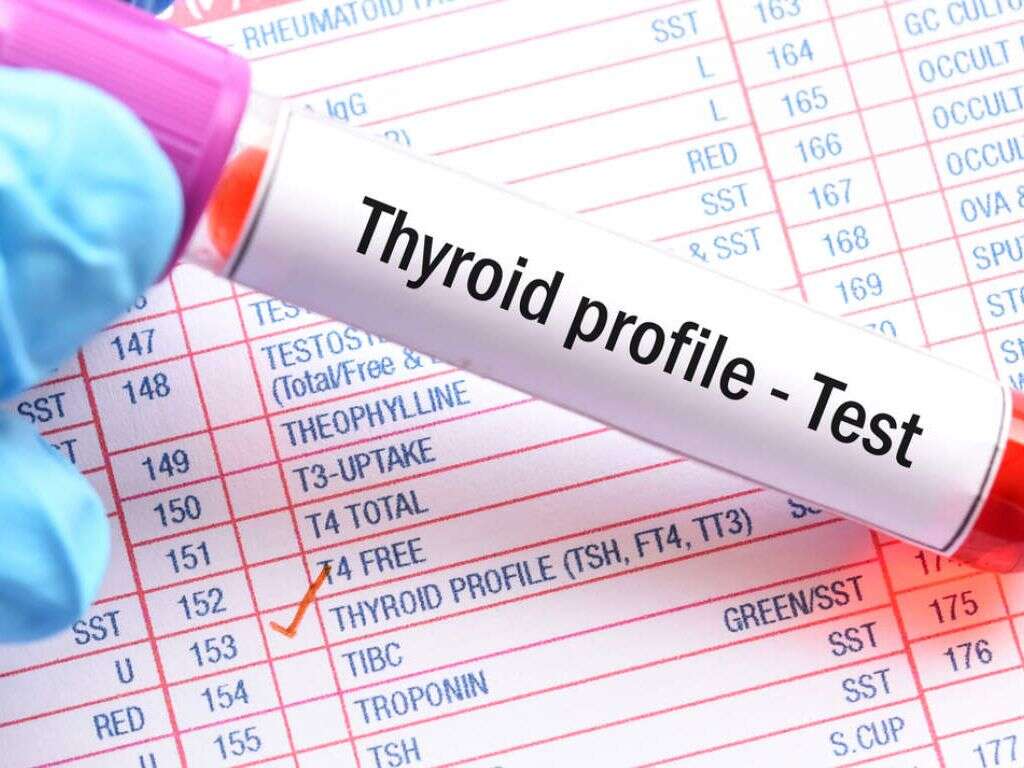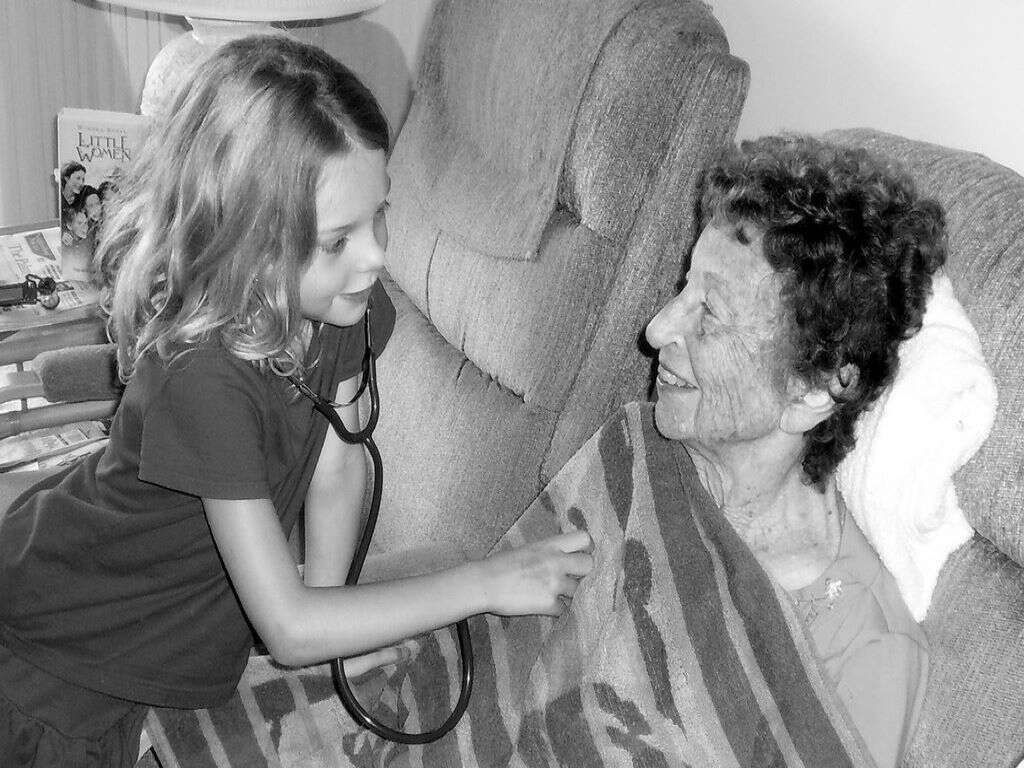What Are Thyroid Nodules?
It is not uncommon for lumps and bumps to appear on our bodies. They can be quite unsightly, depending on where they are located, but they are usually quite harmless. In many cases, they can just be left alone as they are unlikely to do us any harm.
Abnormal lumps can also form internally, including in our organs. One such example is thyroid nodules, which form inside the thyroid gland. They are usually not harmful but they will cause difficulties in some cases. There is also a small chance they can be cancerous, so it is important to get them checked out.
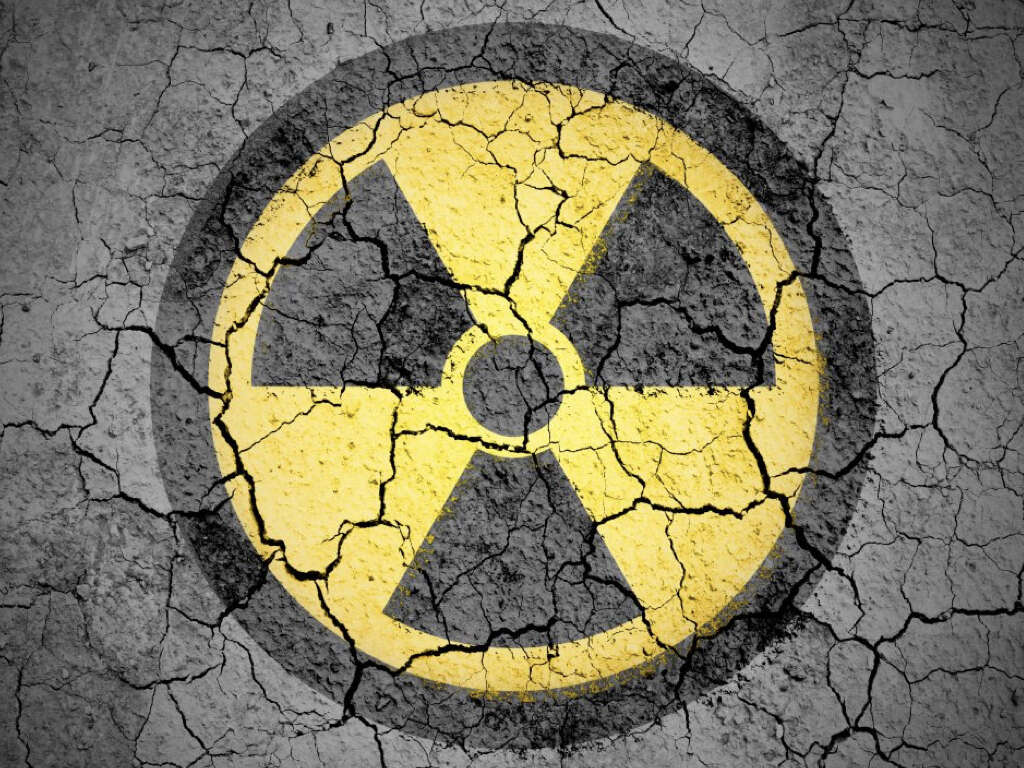
1. Thyroid Nodules
The thyroid is a butterfly shaped gland that is located in the neck. The gland is important to us because it helps produce and release various hormones that are essential for the day to day running of our bodies. The gland can develop problems just as other parts of the body can.
Thyroid nodules are small lumps that form in the thyroid. They can be filled with fluids, or they can be solid. Either way, they are not usually serious, and the patient will often not even be aware they exist. They can cause complications in some cases, however, and a small percentage will even be cancerous.

2. Causes
There are numerous potential causes of thyroid nodules. One is a condition known as Hashimoto’s disease, which causes inflammation of the thyroid. Another is overgrowth of the thyroid tissue, which does not cause problems. Another is a goitre, which is the term for an enlarged thyroid gland, which is often caused by an iodine deficiency.
Some thyroid nodules are cysts, which are sacs filled with fluids, and these are usually non-cancerous. In a small number of cases, the nodules can be caused by cancer of the thyroid gland. Regardless of the suspected cause, it is advised to get the condition checked out as soon as possible.
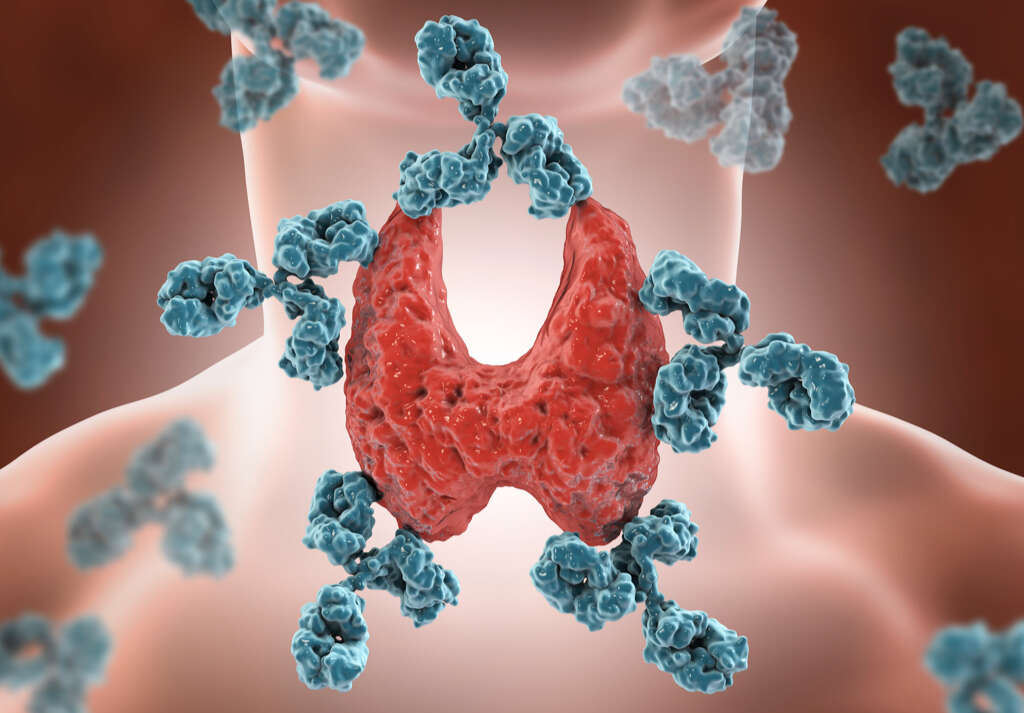
3. Standard Symptoms
In most cases, patients with thyroid nodules will experience no symptoms. The nodules can grow particularly large in some cases, however, and this is when symptoms will start. When these symptoms do show, they can often be felt when putting just a little pressure on the area.
In addition to being able to feel them, it will also sometimes be possible to see the nodules causing lumps in the surface of the neck. The lumps can also press against the oesophagus or windpipe, and this can make it difficult for the patient to swallow. It can also cause them to be out of breath.
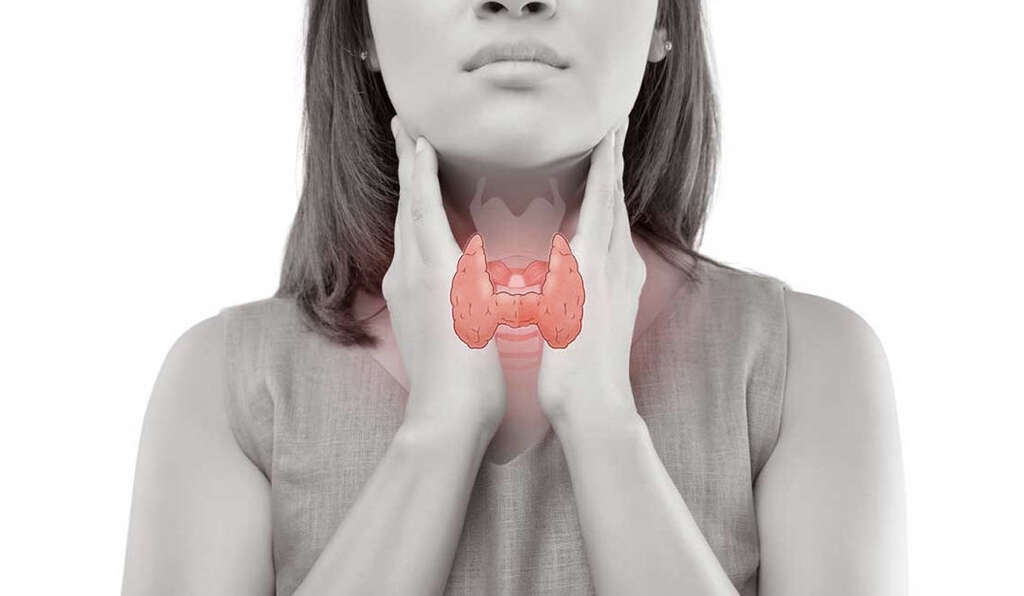
4. Thyroxine Symptoms
Thyroxine is one of the hormones that are secreted by the thyroid gland. The presence of thyroid nodules will often cause the thyroid to become more active than usual, in a condition known as hyperthyroidism. Hyperthyroidism will itself cause a number of rather unwelcome symptoms.
Patients with hyperthyroidism will often sweat more than they otherwise would, and they might also develop tremors. Their hearts can also beat faster than they otherwise would do, and the patient is also more likely to feel nervous even when there is no reason. A lot of patients with hyperthyroidism will also lose weight without explanation.
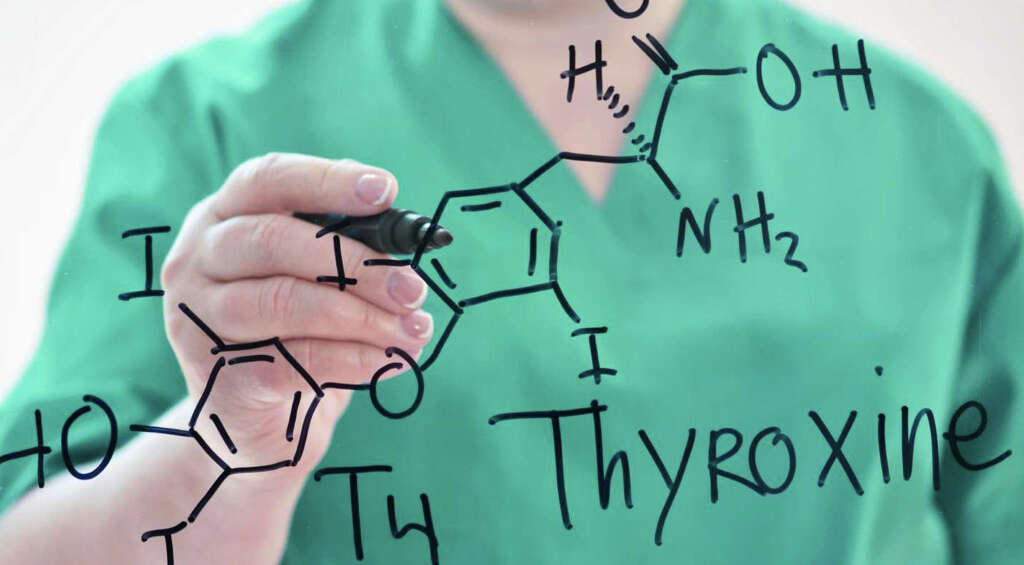
5. Hypothyroidism
While thyroid nodules can cause the thyroid gland to secrete too many hormones, it can also cause it to secrete too few hormones. This is a condition known as hypothyroidism, and it can also result in some very unwelcome symptoms. One of these symptoms is that the patient is likely to feel fatigued much of the time.
Hypothyroidism can also cause the patient to develop dry skin, and they are also likely to feel cold. It can also affect the functioning of the digestive system, causing some patients to develop constipation. Memory problems are another potential symptom, and the condition can also cause depression.
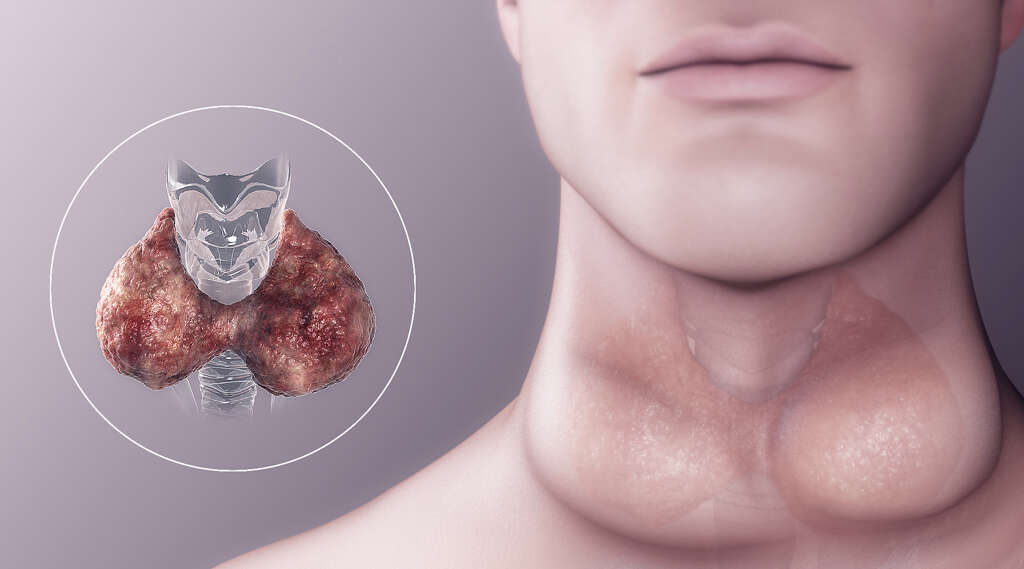
6. Who’s At Risk?
Nobody is completely safe from developing thyroid nodules, but some people are more likely to develop the condition than others are. This includes people for who there is a history of the condition in their family. Women are also more likely to develop thyroid nodules than men are.
Age is another potential factor, with older people more likely to develop the condition. People exposed to radiation are also in a higher risk category. Of those that do develop nodules, they are more likely to be cancerous in men. The same goes for people exposed to radiation, and those with hard nodules stick to surrounding tissues.

7. Diagnosis
Your doctor is likely to want to perform a brief physical check. They will also want to ask about you about your symptoms and whether there is a history of the condition in your family. If thyroid nodules are suspected, then the doctor will likely want to perform further tests.
Among the most important steps is to determine whether or not the nodules are cancerous, and this is generally performed with the help of an biopsy. A blood sample will likely be taken so it can be checked for hormone levels, and imaging techniques can be used to help experts get images of the structure of the gland and the nodules.

8. Benign Nodule Treatment
Treatment for benign thyroid nodules is often considered unnecessary as they are unlikely to do any harm. Instead, doctors will often simply recommend that the patient watches the nodules and lets them know if they grow larger. Benign nodules will still sometimes cause hypothyroidism, and such cases will likely need to be treated with hormone therapy.
Even benign tumors will sometimes cause complications, however. If the patient is having difficulties breathing and/or swallowing, for example, then the nodules may need to be removed surgically. Nodules that appear suspicious somehow may also be removed to be on the safe side, and so that they can be examined closely.
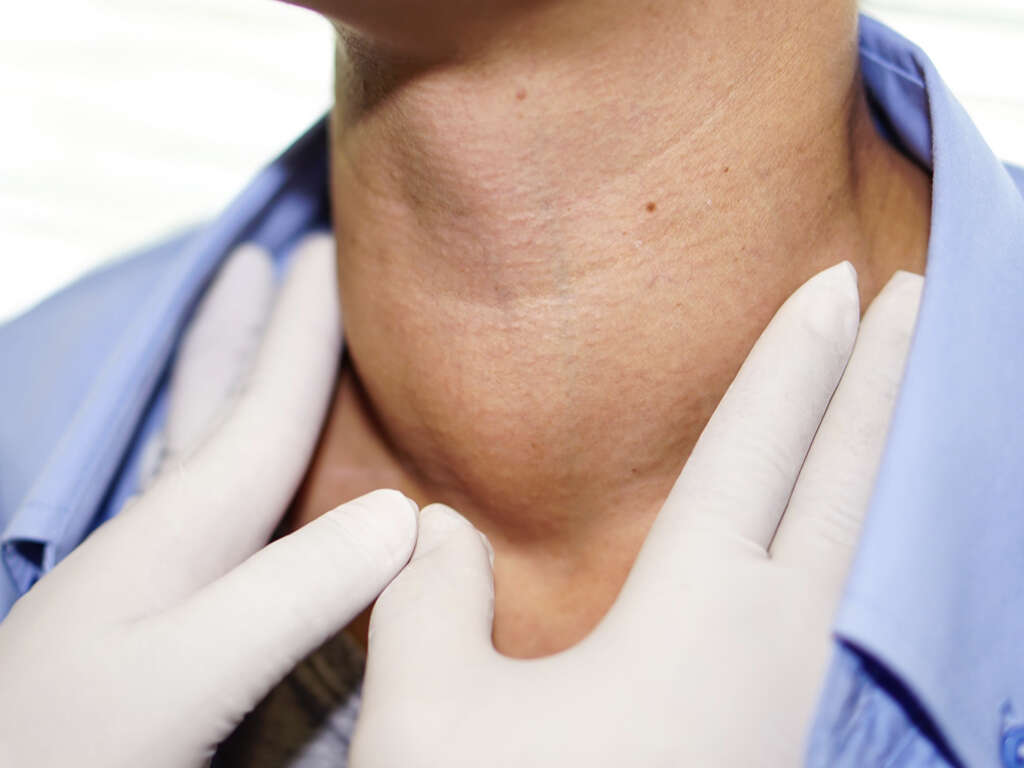
9. Hyperthyroidism Nodule Treatment
As mentioned, thyroid nodules will sometimes cause the gland to secrete too many hormones. This will likely result in a number of symptoms that can be very bad for the patient’s health. This will need to be treated. Anti-thyroid medication is available that can help to manage the condition, but this can cause further complications in the long term.
Another relatively common treatment for hyperthyroidism is radioactive iodine. This treatment can cause the nodules to shrink, and the symptoms will often disappear within 2-3 months of treatment. If the patient is unable to use these treatments for any reason, then surgery may be deemed necessary.
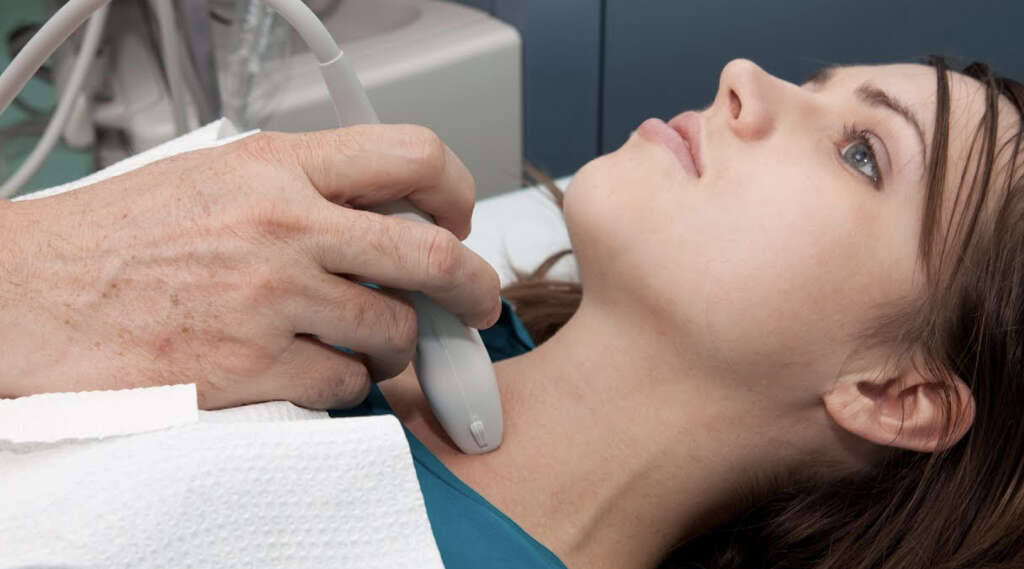
10. Cancerous Nodules Treatment
If a cancerous thyroid nodule is very small then it is unlikely to grow any larger, so the smaller ones are sometimes left alone, albeit with close observation. Another possible treatment for the condition is alcohol ablation, which involves injecting alcohol into nodules to destroy them.
In some cases, it will be necessary to remove the nodules surgically. Doctor’s will try to remove as little of the gland as possible, but most of it will need to be removed in most cases. There is a risk that thyroid surgery can result in damage to the parathyroid glands, and to the nerves that help control the vocal cords.
